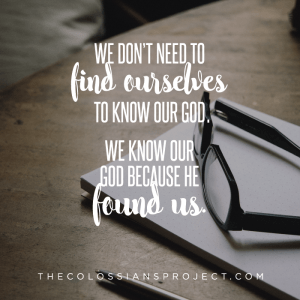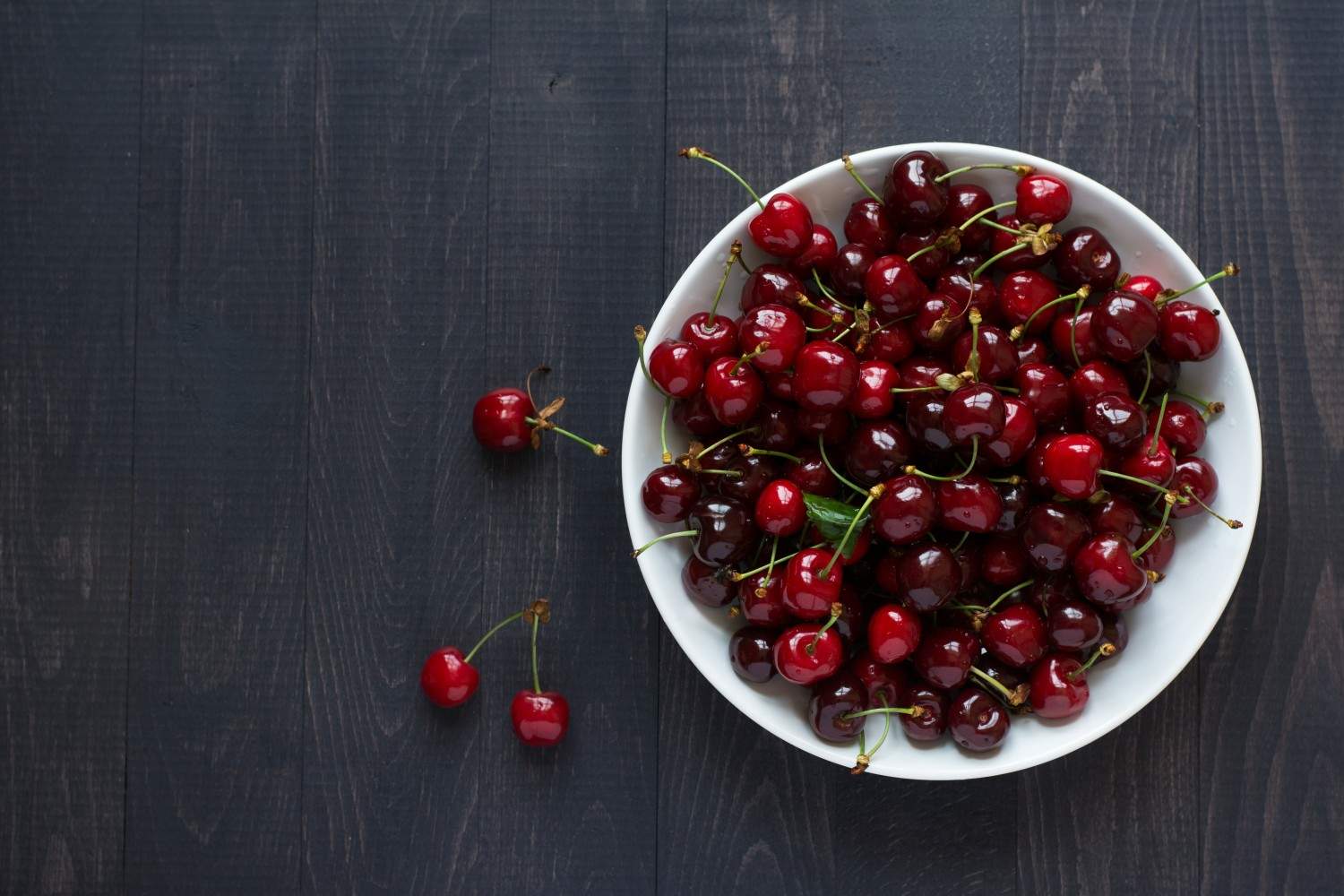I have a hard time functioning if things aren’t “just so.”
Trouble is — as a pastor’s wife, church staffer, mom and homeschooler – I haven’t seen “just so” since 1995.
Even after all these years, I still find it difficult to rest — difficult to love — difficult to have peace when things are out of my planned order. My identity, behavior and energy seep out of my current status.
How can I be expected to x if there is no y?
The closing bullet point in Paul’s instructions to Christian households speaks to this mindset with a shock to modern ears. After wives, husbands, children and fathers, he now talks to slaves:
Slaves, obey your earthly masters in everything; and do it, not only when their eye is on you and to curry their favor, but with sincerity of heart and reverence for the Lord (Colossians 3:22).
God is not pro-slavery; His Word sings out continually for freedom and justice. In fact, this letter to the Colossians was most likely hand-delivered along with another book of the Bible — a letter to a man named Philemon. That letter is one-chapter plea from Paul for Philemon to receive his runaway slave Onesimus — a piece of property who could have been tortured or killed in Roman society without question or consequence — like a brother.
God is, however, far more concerned about our condition before Him than before man. He sent His Son to upend the spiritual system, not the social one.
And that is the hope for us in this sentence to the first-century slave.
So often, we want an upgrade in plan or purpose to become a total follower of Christ. We’ll really press in when we get married, or have kids, or get the right kind of job or get over our pain or feel comfortable in our calling. We have a picture of what it looks like to obey God, and we can’t be a real Christian till we paint our lives to match it.
But God sees us where we are — in “right” circumstances or “wrong”— and He speaks. He remembers. And He has hope and a mission for us there, too. We have not been left out of His thoughts, His Word, His plan, the list.
We don’t need to “find ourselves” to know our God. We know our God because He found us.
We may feel imprisoned as lonely wife or a single girl or an aching heart or a faded beauty or pile of dreams unfulfilled. We may be held captive by comparison of our lives to those of others — seeing no way of escape. But our obedience to our Father is just as valuable — just as sweet — just as critical in the list as that of the people we long to be.
The daily work that feels like duty to us is precious to Him.
Our circumstances don’t limit our salvation, and our details don’t limit our devotion. It is possible to love and serve God wholeheartedly in the middle of pain and broken dreams — a life not gone as planned — a world where you never find “just so.” It is possible to honor God fully in a life that doesn’t look like the picture in the Christian brochure.
The key lies at the end of the verse: reverence for the Lord. We must know God Himself — apart from our circumstances — apart from what He has or has not given. We must trust His character — His faithfulness, mercy and justice — to withstand a world of faithless, merciless injustice.
A God that is wrapped up in our current status or station is flimsy — He is no God at all. In the end, our endurance will always depend on who He is instead of on our ability to change our situation or gut it out.
If you are a slave to your circumstances today, God has found you — He remembers you — He knows.
You can love and serve Him well there, sister. You can see His face from where you stand.




2 Comments
Dave
Once again you have given me a razor sharp arrow for my quiver. Sharp enough to cut through the stubbornness that people carry and protect for their own excuses. You continue to give me the tools I need to help those I see seeking answers. Thank you for your gift !